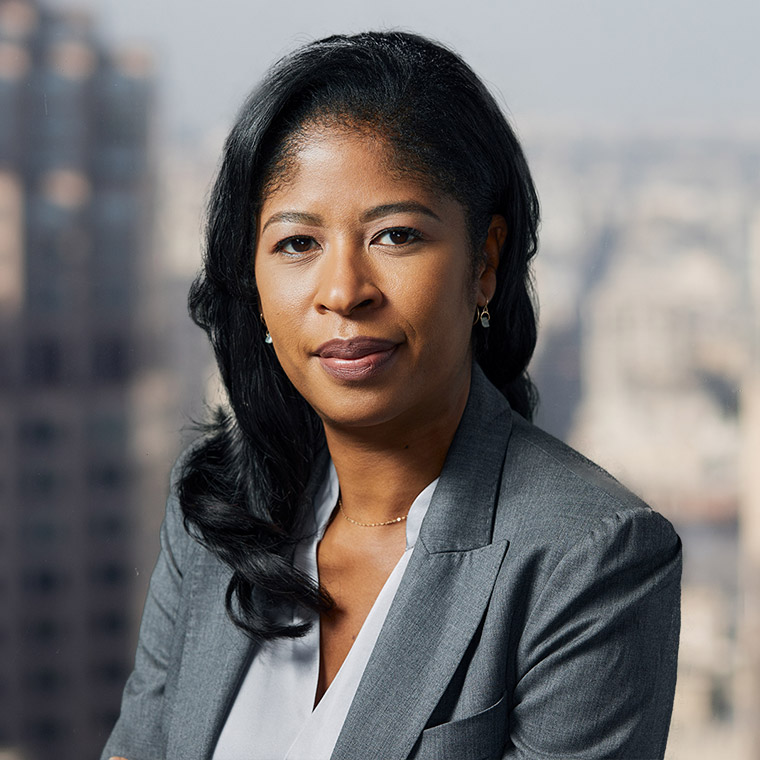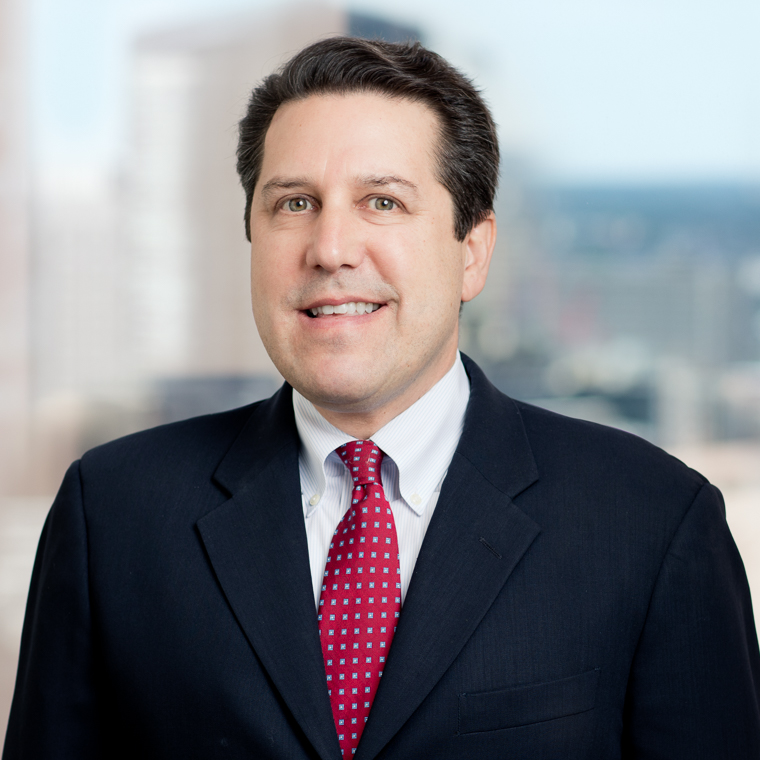Interest in US offshore wind development is at an all-time high, as the Biden Administration and lawmakers continue to create renewable energy project incentives and opportunities, shareholders demand action from companies to address climate change, and companies pursue “green” financial investments. From a legal perspective, companies seeking to participate in the offshore wind industry should consider several emerging trends. In this client alert, we highlight policy, legislative and litigation considerations to support a strategic, multi-branch approach to the offshore wind development process.
Policy: Key Federal Agency Initiatives to Advance Offshore Wind
Offshore wind permitting involves an array of federal agencies, including the Bureau of Ocean Energy Management (BOEM), Army Corps of Engineers (Army Corps), Environmental Protection Agency, Advisory Council on Historic Preservation, Coast Guard, Fish & Wildlife Service, and National Oceanic and Atmospheric Administration. The Biden Administration is seeking to streamline the environmental review process for offshore wind projects by improving interagency coordination. For example, in June 2021, BOEM and the Army Corps agreed to partner to support planning and reviewing renewable energy projects, starting with those in Virginia and North Carolina.1 Those recent efforts augment the work of the Federal Permitting Improvement Steering Council (the Permitting Council)—which includes members from 13 federal agencies, the Council on Environmental Quality, and the Office of Management and Budget—to oversee efforts to expedite offshore wind projects.2 The aim of the Permitting Council’s authorizing legislation, Title 41 of the Fixing America’s Surface Transportation Act (FAST-41), was to improve the federal review and authorization process for certain projects, including renewable energy generation and electricity transmission. There are currently 12 offshore wind projects participating in the FAST-41 process, and the new executive director of the Permitting Council, Christine Harada, recently reconfirmed its commitment to encouraging investment in green infrastructure by minimizing uncertainty for project proponents.3


